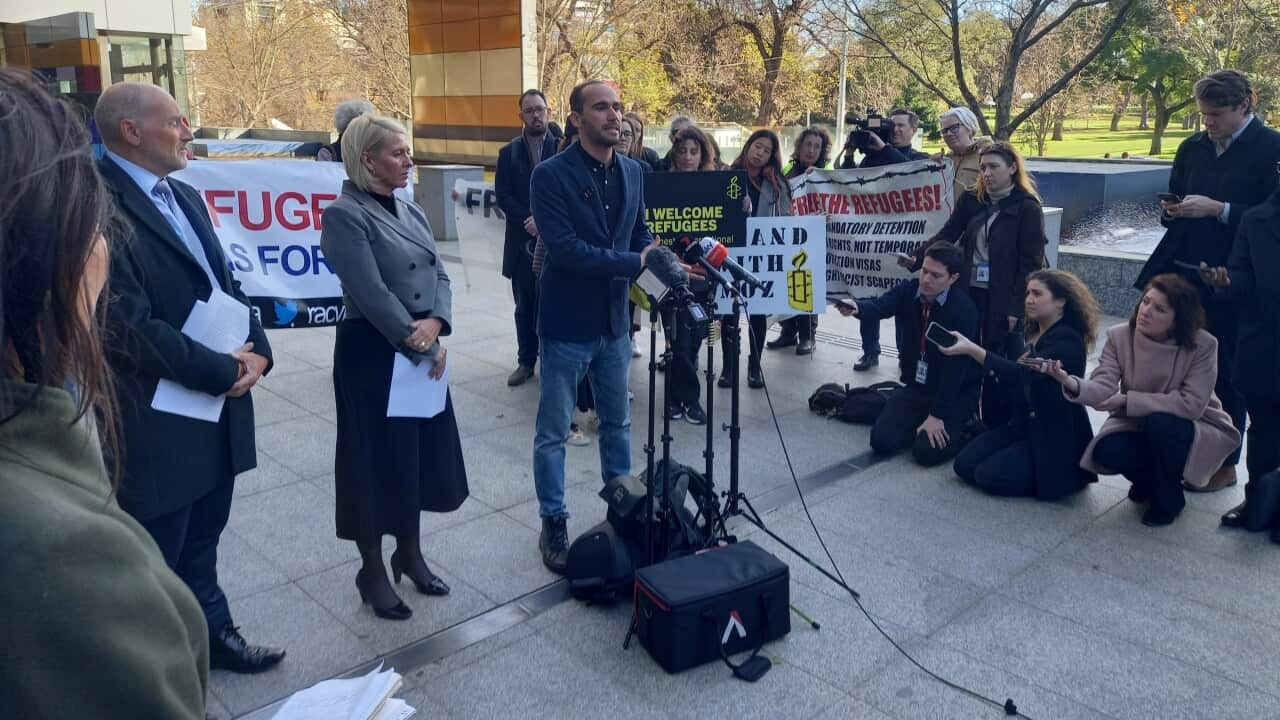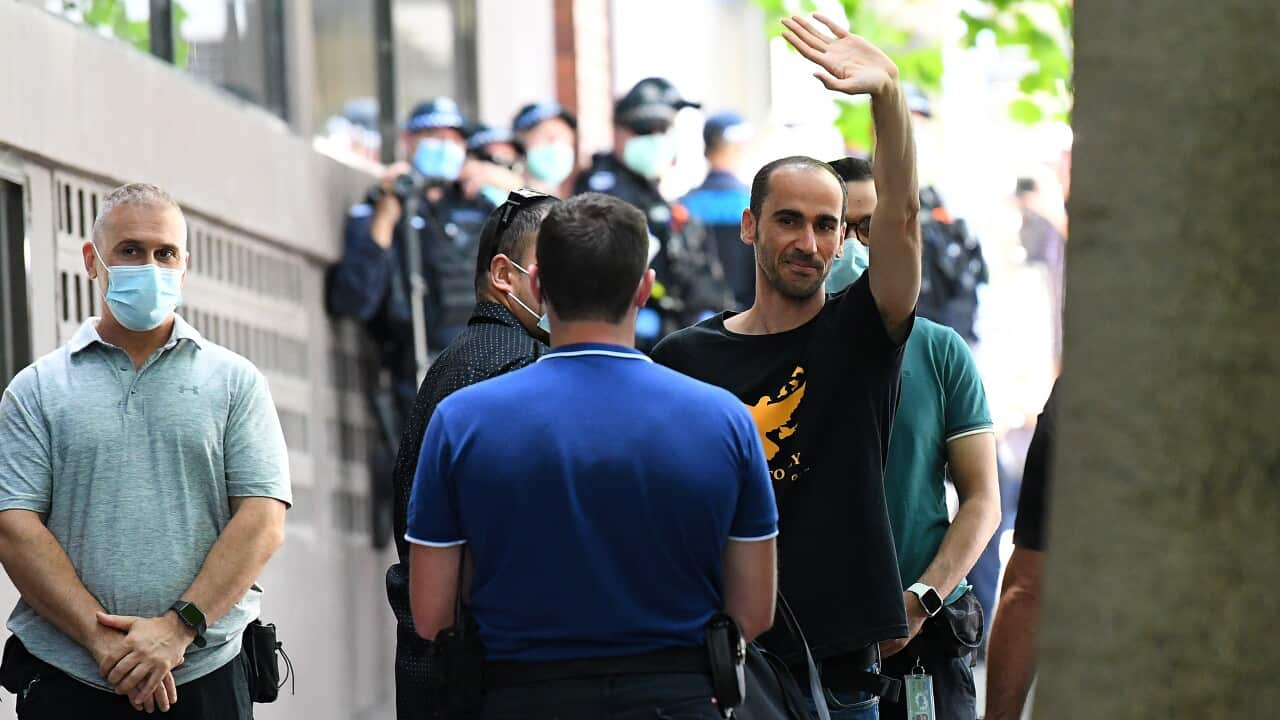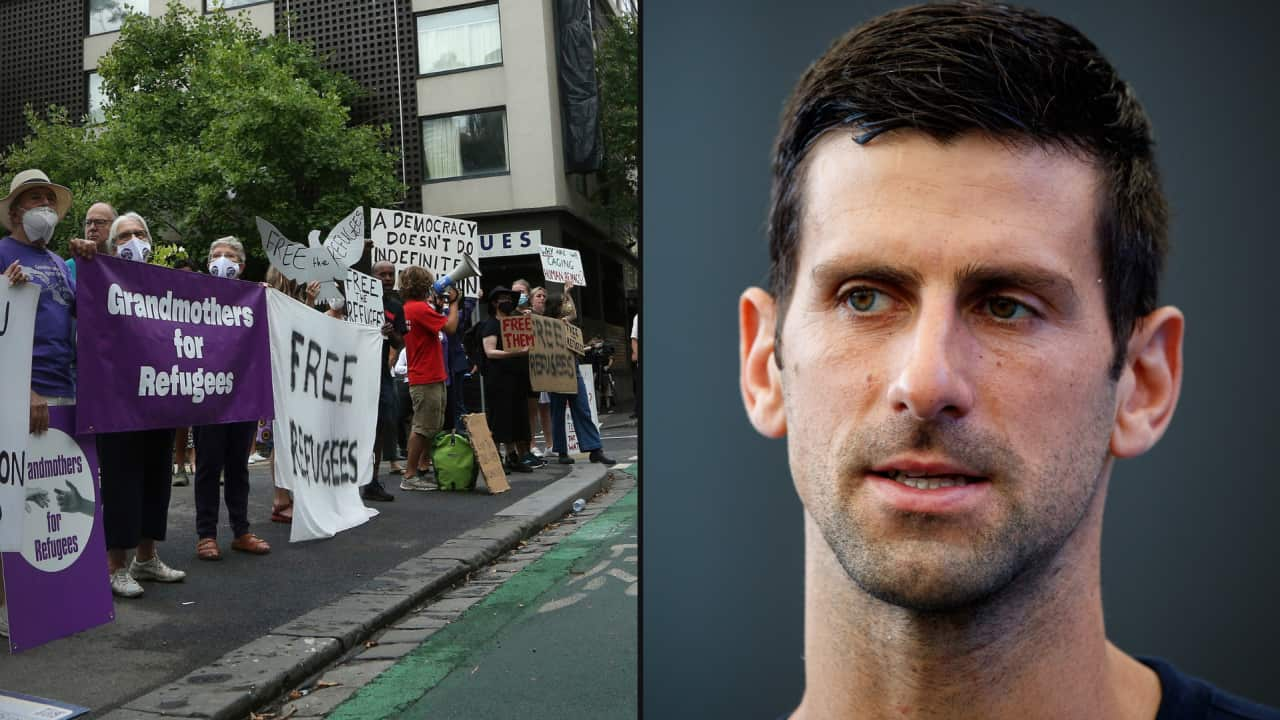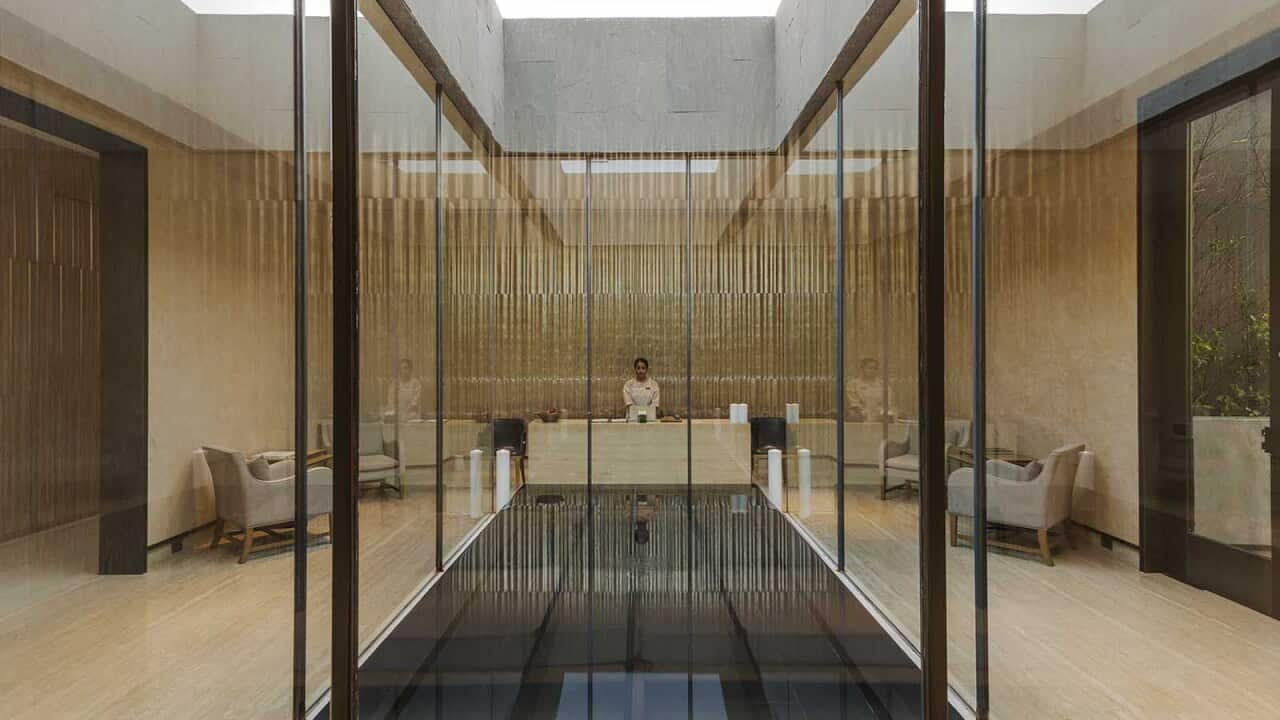The Federal Court has handed down its decision on the legality of the federal government's policy of using hotels in Australia to detain asylum seeker boat arrivals during the pandemic.
A year after the case was first brought by Kurdish-Iranian refugee, Mostafa 'Moz' Azimitabar against the federal government, Federal Court judge Bernard Murphy handed down his judgment.
He found that the immigration minister had the legal power to use hotels as makeshift immigration detention facilities during the pandemic. However, while the policy was lawful, he said it lacked care and humanity.
"[My finding of the legality of the decision] should not, however, be understood as my approving the immigration detention the applicant was required to endure," he said in his decision.
"I can only wonder at the lack of thought, indeed the lack of care and humanity in detaining a person with psychiatric and psychological problems in a hotel for 14 months.
"As a matter of ordinary human decency, the applicant should not have been detained for such a period in these conditions, particularly when [he was] suffering from PTSD and a major depressive episode."
Violated 'human decency'
Over 14 months, Mostafa Azimitabar was detained in the Mantra Hotel and the Park Hotel in Melbourne.
He was often locked in his room for up to 23 hours a day, and struggled to access proper medical treatment.
The detention came to an end in January 2021 when he was released and granted a bridging visa.
Justice Murphy criticised the conditions of the detention, describing them as highly restrictive.
"...[To be detained] primarily in hotel rooms with windows that only opened 10 centimetres and for most of the time, without access to an outdoor area or to breathe fresh air or feel the sun on his face.
"Anyone who endured even two weeks of hotel quarantine during the COVID-19 pandemic would surely understand how difficult it must of been. As a matter of ordinary human decency, the applicant should not have been detained for such a period of time in those conditions."
'Failed my hopes'
Azimitabar expressed his disappointment with the ruling, saying he won't "give up the fight for our human rights".
"This judgment has failed my hopes to hold the government accountable for what they did to us in those hotel prisons," he said in a statement.
LISTEN TO
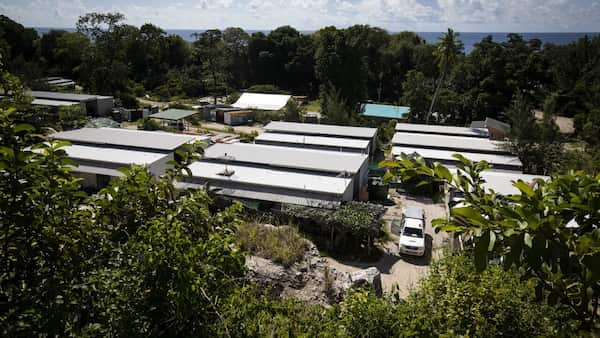
'We deserve to be treated as human beings' - Refugees to be moved from Nauru - but what next?
SBS News
15/06/202305:28
"I wanted the Court’s decision to help put a stop to the immoral and unethical detention and treatment of people like me and many others who have come to Australia for protection but instead have suffered."
Outside the court, he thanked his supporters saying he is "very sad" over the ruling, but took heart from the recognition from the judge about the conditions he faced in detention.
Around 1,300 refugees and asylum seekers were detained in hotels in Australia during the pandemic under a policy called alternative places of detention (APODs).
During his detention, Azimitabar became one of the most outspoken critics of the government's treatment of refugee and asylum seeker boat arrivals under the short-lived and subsequent use of hotels as alternative places of detention for refugees.
Appeal options considered
Azimitabar's lawyers argued the detention – and use of federal government funds to detain him in hotels – was unlawful and fell outside the government's executive powers under the Migration Act.
Michael Bradley, managing partner at Marque Lawyers, said appeal options were being considered.
"Detention – holding people against their will – is one of the most extreme powers that the government has. It is entirely unsatisfactory that the government has the discretionary power, based solely on an implication in the statute, to turn any site into an 'alternative place of detention', even if that site has no access to sunlight, fresh air, or appropriate medical care."
Bradley said he would be arguing for the costs order to be changed to reflect the case being brought on public interest grounds.
"This case has ramifications literally for thousands of people and he ought not to be punished financially."
Leaving the court, Azimitabar was supported by friend and former Australian of the Year Grace Tame.
Refugee advocates had gathered outside the Federal Court in Melbourne to show their support, chanting "Justice for Moz, justice for refugees".
Immigration minister considers policy implications
Amnesty International national director Samantha Klintworth said the government's policies of long-term detention of refugees and asylum seeker boat arrivals had been expensive and harmful.
She urged the federal government to pass legislation to make the continued use of APODs as long-term detention locations for refugees and asylum seekers unlawful.
"These policies harm people profoundly, and shame us all as Australians. We must see a coherent and humane plan for the future of people recognised as refugees, including permanent changes under the Migration Act to ensure this never happens again."
Immigration Minister Andrew Giles said he would be taking the time to "carefully" consider the ruling and its implications.
"I think what [the Justice’s] remarks go to was the practice of that form of detention, the manner in which it was implemented under the former government, and particularly the extraordinary length of time that individuals were kept in," he said on Thursday.
"This government - and myself as minister - have been focused on using immigration detention as a last resort only where it's necessary. Many fewer people are in immigration detention now than in the past."
Data from the Department of Home Affairs showed 44 people in APODs as of 30 April 2023, compared with 182 on 31 December 2020.
The Commonwealth Ombudsman, Iain Anderson, in a report released in January found that it was inappropriate to detain people in APODs for any longer than four weeks.
But the report found in practice the average long-term immigration detention period well exceeded four weeks, extending to . That represents an increase of 191 days in the last 2 years.
He recommended the Department of Home Affairs and relevant ministers find alternative arrangements for individuals facing prolonged or indefinite detention.
"There remains a high number of people held in immigration detention. This includes individuals facing apparent indefinite detention, such as those who engage Australia’s protection obligations and cannot be involuntarily removed," he said at the time.
Additional reporting: Finn McHugh
